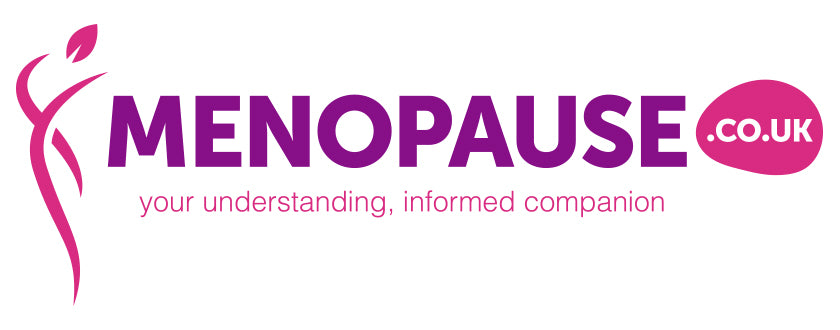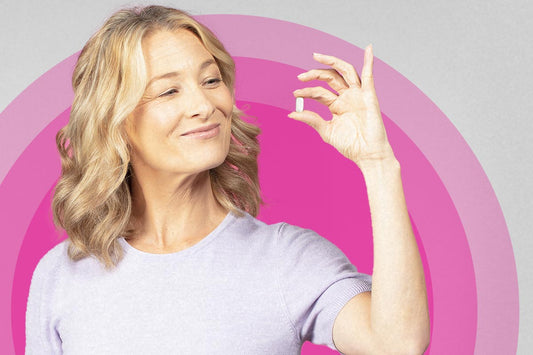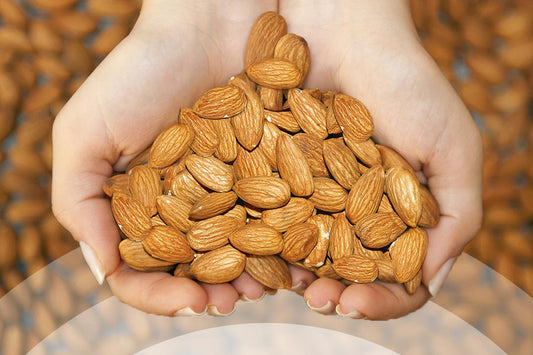Oestrogen, progesterone and testosterone - all crucial hormones during perimenopause and menopause. If you are not a GP or a menopause specialist, but still want a good understanding of what is going on in your body? Let’s see if we can get ‘under the skin’ of what these three hormones do, and how they affect us in this stage of our life.
Oestrogen - The Queen Bee.
Oestrogen is like the Queen bee of hormones in women. It is responsible for regulating the menstrual cycle and the development of those beautiful female characteristics we all love. However, during perimenopause, the Queen bee starts to retire, and her workforce diminishes. Oestrogen levels decline, and this hormonal shift can wreak havoc in our bodies. Without enough oestrogen, you might experience hot flashes and night sweats leaving you feeling like you are in a never ending sauna session, vaginal dryness can also make an unwelcome appearance leading to discomfort during intimacy and let's not forget about mood swings! Wow aren’t we lucky ladies! Fluctuating oestrogen levels can lead to an emotional rollercoaster, leaving you, laughing one moment and then crying your eyes out the next.
Progesterone The Calming Influence.
Progesterone, the calming influence works together with oestrogen during menopause. Progesterone production starts to decline, which can throw our hormonal balance off kilter. This can cause irregular periods and make it harder to predict our own cycle, but it’s not all just about periods. Progesterone also helps to maintain bone density - keeping the skeleton strong and sturdy. A drop in bone mass can occur - increasing the risk of osteoporosis, so it’s essential to focus on maintaining bone health through exercise, a calcium rich diet, and of course focused, researched and high quality supplementation.
Testosterone The Unsung Hero.
Wait? Testosterone? Isn’t just for men? That’s right ladies! Although women have much lower testosterone levels than men, it still plays a crucial role in our bodies too! Testosterone contributes to energy, libido and muscle mass. During perimenopause and menopause testosterone levels can take a dip. This can lead to a decrease in sexual desire and energy levels. Feeling less frisky? Blame it on the hormone shift! However, it’s important to note that testosterone replacement therapy for women is a subject of ongoing research and medical discussion, so consulting with healthcare provider or specialist is absolutely crucial.
In her 20’s a women’s oestrogen progesterone and testosterone levels are typically at their peak. However, as women enter their 40’s and 50’s these hormone levels decline significantly- as the levels drop -they lead to all the symptoms we have raised above.
If you find yourself on this emotional, hormonal, menopausal rollercoaster, know that you’re not alone. Embrace self-care, seek support from loved ones and consider consulting with a GP or healthcare professional who can help you manage these symptoms and guide you with this journey. Remember the forum is here to help you find a platform to aid you communicate with others going through the same thing, but each on your own journey.
Love Angeline 🦋 x
Angeline Davies is a Fully Qualified Health Coach Specialising in Perimenopause and Menopause.
Accredited By The PCI and The Royal College of General Practitioners.




